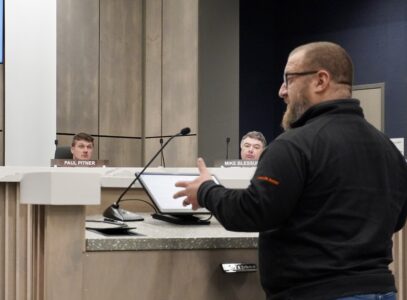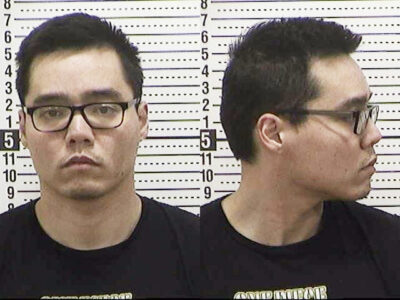Judge addresses state Supreme Court ruling
The book has not yet closed on the cases against two former Minot based nurse practitioners charged with alleged drug diversion activity, despite a North Dakota Supreme Court ruling ordering the charges against them be dismissed.
In a Wednesday, Oct. 15, letter to Desiree Desjardins, 54, Garrison, and Jennifer Napora, 47, Surrey, District Judge Gary Lee scheduled a status conference Dec. 1 for the parties to address issues clouding the ultimate disposition of the cases in light of the Supreme Court’s Sept. 11 ruling.
According to court documents, former Ward County Special Prosecutor Marina Spahr had filed a request for a supervisory writ from the Supreme Court, after Lee had denied separate requests to dismiss the charges against Desjardins and Napora with prejudice.
Spahr, who is now a judge in the South Central District, formerly worked for the Attorney General’s Medicaid Fraud Division. Spahr had sought the dismissals due to both defendants reaching civil settlement agreements with the State which she said resolved the issues presented in the criminal cases.
Lee concluded the State was acting in bad faith, was prohibited by the Century Code from compromising a felony by civil settlement and found dismissing the charges was against the public interest.
The Supreme Court unanimously ruled Lee misinterpreted the compromise statues and abused his discretion in denying the dismissals, and granted the State’s petition, directing Lee to reverse his orders and dismiss the criminal charges against the defendants with prejudice.
According to his Oct. 15 letter, Lee explained the Supreme Court’s opinion lacked a necessary accompanying mandate, but technically was not required as a supervisory writ is not an appeal. Lee wrote any order issued by him before the mandate is issued would be void, and that recent court precedent regarding supervisory writs provide conflicting and inconsistent outcomes.
“As can be seen, there does not appear to be any consistency or standard practice followed by the Supreme Court,” Lee wrote.
Lee presented three possible scenarios. The first being the parties act on the assumption that no mandate is necessary, with any order issued by Lee potentially in danger of being void. The second being the parties waiting for a mandate to be issued by the Supreme Court. Thirdly, Lee proposed he or one of the parties could request clarification from the Supreme Court on whether a mandate is required.
The Dec. 1 status conference remains on the court calendar based on court records.




